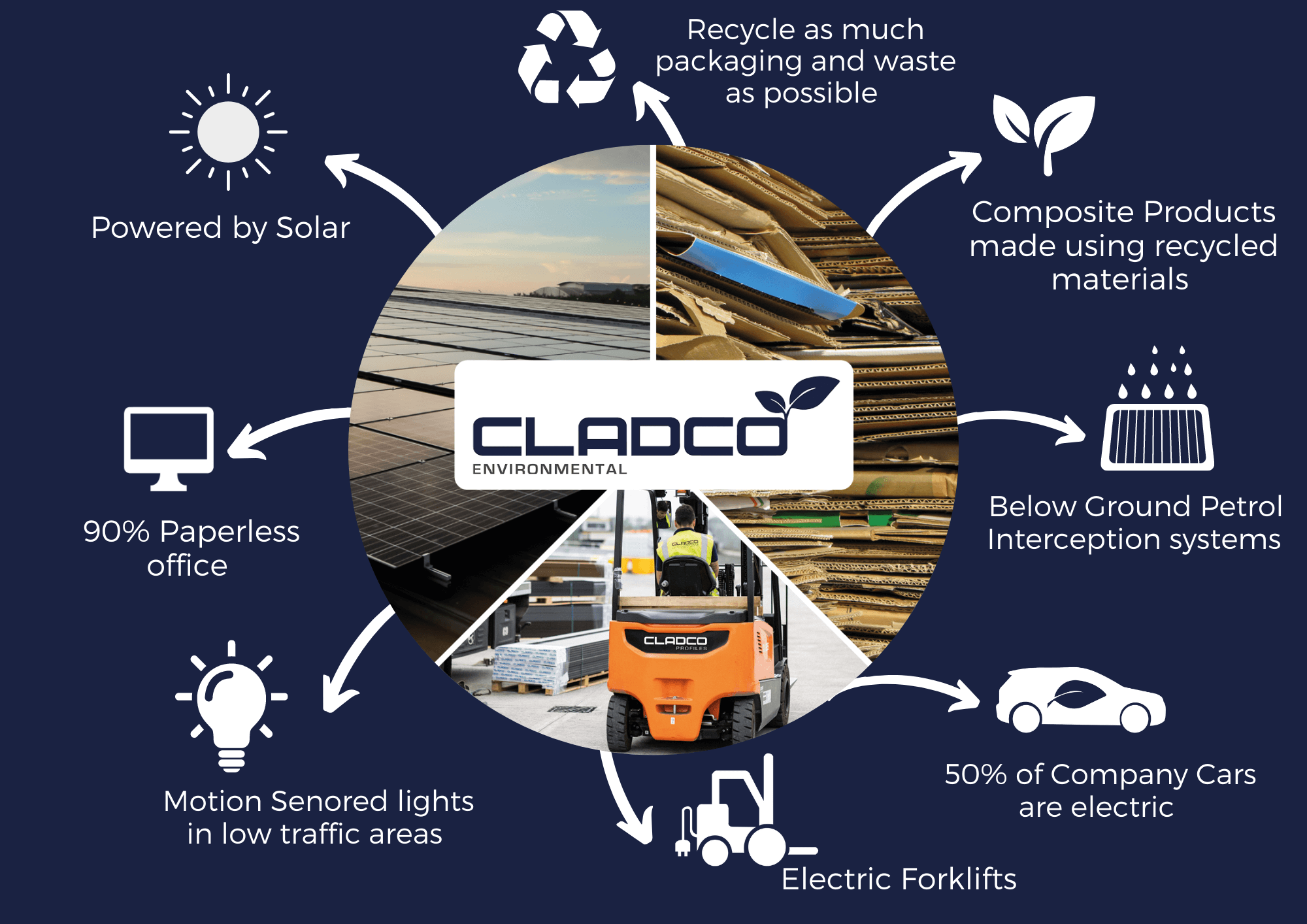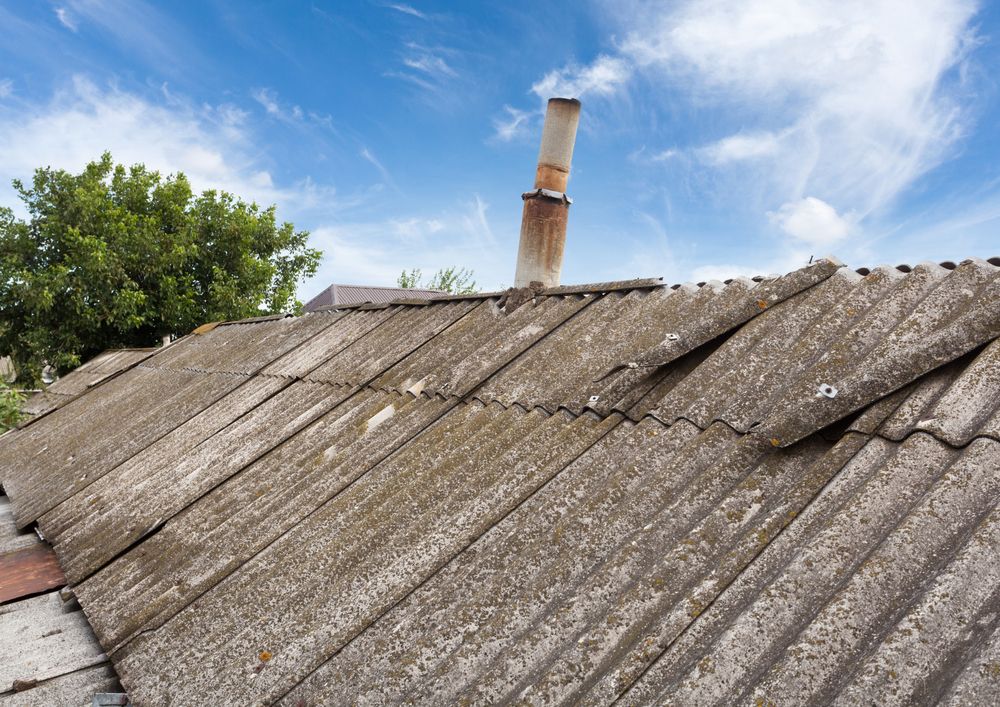Cladco Environmental
Here at Cladco Profiles we are dedicated to an ethical and environmentally friendly future, doing as much as we can to ensure this is considered in all aspects. As a business, there are three key areas we focus on to ensure we are minimising our footprint and maximising positive change, consistently taking steps forward to achieve this.


Recyclable


Responsible


Renewable
Supporting well-managed forests and recycled sources with FSC® Certification.
FSC® stands for 'Forest Stewardship Council'. They are an international non-profit organisation which are committed to advocating responsible forestry.
FSC® are involved in certifying forests around the world to ensure the highest environmental and social standards are met. FSC® has two components in their global forest certification system:
- Forest Management
- Chain of Custody
Although reforestation methods, such as hand-planting, are helpful in combatting land degradation, it is vital to control production and ensure restrictions are in place. By using recycled hardwood fibres in our Composite products, we are not contributing to deforestation and are preventing materials from going to waste.




Cladco Profiles is proud to save an average of
520 MILLION PLASTIC BOTTLES
from polluting our oceans per year. This equates to
6240 TONNES OF PLASTIC


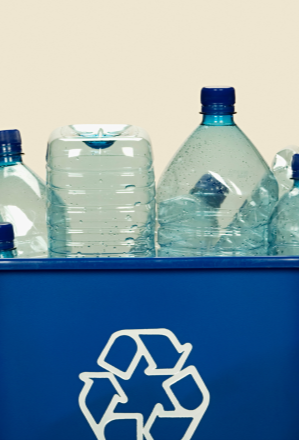

RECYCLABLE
Our commitment to environmental wellbeing is woven into every asset of our business. We take steps everyday to ensure we are recycling our materials wherever this is possible.
- Our composite products are made from 60% hardwood fibres and 40% recycled plastic, all responsibly sourced to reduce landfill waste.
- The hardwood fibres come from recycled timber, helping to combat deforestation of forests and woodlands.
- Our steel coils, including the inner tubes, are fully recyclable, as are our sample boxes and postage bags. In fact, 99% of all Cladco packaging is recyclable.
- All steel sheet offcuts are collected, weighed, and, if necessary, stripped before being sent to recycling plants across Europe and worldwide.
RESPONSIBLE
Each year, approximately 16.5 MILLION tonnes of plastic enter our oceans and 15 BILLION trees are cut down.
How is Cladco contributing to environmental protection and reducing plastic pollution?
- We continue to expand our composite range, made from responsibly sourced materials comprising 60% recycled hardwood fibres and 40% post-consumer plastics, helping to reduce landfill waste and environmental impact.
- On average, Cladco Profiles prevents 6,240 tonnes of plastic from going to waste each year through our composite product sales.




RENEWABLE
It is important for us to explore ways to use renewable energy within our business. One of the steps we have taken towards an environmentally friendly future is the adoption of renewable energy sources.
- Solar panels installed at our headquarters in Okehampton, Devon, power the machinery used to roll and press steel roofing sheets.
- We also operate an in-house filtering system to deionise the water used for our forklifts, helping to prevent thousands of plastic bottles from entering landfills or the ocean.
- Since purchasing our first electric forklift in 1982, we have expanded our fleet. Today, over 50% of our forklifts across all sites are electric.
Playing a critical role in addressing environmental concerns.
As an ISO 14001-accredited business, we adhere to the International Standard for Environmental Management, which ensures we continuously reduce our environmental impact. Through our commitment to high-quality, eco-friendly products, we strive for strategic business growth alongside environmental responsibility.
This accreditation highlights our focus on waste reduction and energy conservation, while guaranteeing regulatory compliance at Cladco Profiles. It reflects our dedication to ongoing environmental improvements and meeting all relevant regulations.
- Pollutant emissions
- Biodiversity loss
- Resource consumption
- Climate change
- Resource depletion




Composite Products
All of our composite products - including, decking, cladding and fencing, are made from 60% recycled hardwood fibres and 40% recycled post-consumer plastics, combined with bonding agents, colour tints, and additives.
In 2023, our composite products were re-certified as FSC® (100% recycled), further reducing their environmental impact.
Discover more about this and explore different ways to recycle composite decking in our informative environmental articles.
Environmental Policy
It is the organisation’s objective to carry out all necessary activities, to protect the environment and to continually improve the Environmental Management System through the implementation of the following:


- Assess and regularly re-assess the environmental effects of the organisation’s activities.
- Training of employees in environmental issues.
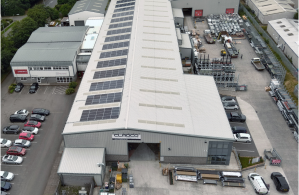

- Minimise material & energy wastage.
- Minimise the production of waste.
- Minimise the risk from operations and activities undertaken by the organisation.
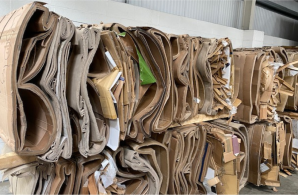

- Promote the use of recyclable and renewable materials.
- Prevent pollution in all its forms.
- Control noise emissions from operations.
Top management demonstrates commitment with respect to the Environmental Management System by:
- Ensuring that the Environmental Management System achieves its intended outcomes.
- Directing and supporting persons to contribute to the effectiveness of the Environmental Management System.
- Promoting continual improvement.
- Supporting other relevant management roles to demonstrate their leadership as it applies to their areas of responsibility.
- Ensuring that the resources needed for the Environmental Management System are available.
- Taking accountability for the effectiveness of the Environmental Management System.
- Ensuring that the Environmental Policy and Environmental Objectives are established and are compatible with the strategic direction and the context of the Organisation.
- Ensuring the integration of the Environmental Management System requirements into the Organisation’s business processes.
- Communicating the importance of effective environmental management and of conforming to the Environmental Management System requirements.


Find Out More
Discover some of our Blogs you may find helpful, including our journey to obtaining ISO accreditations and how your garden can impact climate change.


